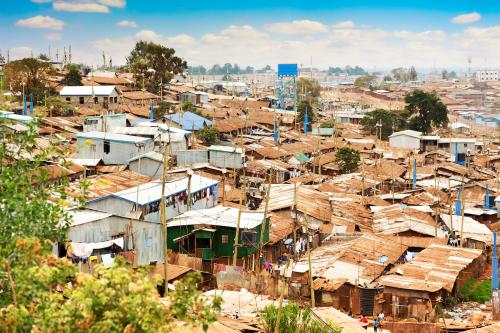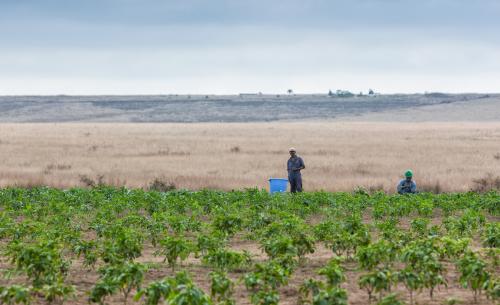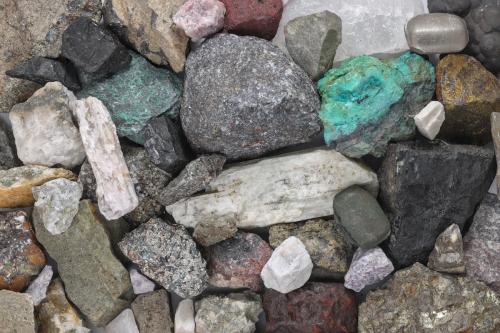This viewpoint is part of Foresight Africa 2024.
The road to success must remain green, and it involves leveraging one of Africa’s most precious natural resource endowments: hydropower.
With the 2050 net zero deadline approaching, the world is in full gear for a 25-year push to increase the green energy footprint. However, green energy is not a universal panacea that will cure all illnesses. This truth is particularly pertinent in Africa where governments are confronted with an ever-increasing tension between the quest for universal electrification of their populations and ambitions for a green energy revolution.
Africa’s burgeoning manufacturing centers, sprawling schools, and growing hospitals need resilient electric generation and networks. That demand will not be met with solar panels and wind farms alone. Yet, the road to success must remain green, and it involves leveraging one of Africa’s most precious natural resource endowments: hydropower.
Among green sources, hydropower is the only type of energy with potential base load generation that is readily available throughout most of Africa. It represents 17% of power generation in the continent, while only 11% of Africa’s hydro potential has been exploited. Additionally, hydropower remains attractive for national interests of many countries due to its strategic role in energy security and cost for megawatts (MW).
However, the business-as-usual approach to hydropower development—focusing only on greenfield projects, many of which remain unbankable or lack proper government support—has proven ineffective. A paradigm shift towards quick wins that can lead to substantial progress is required.
Africa has 38.5GW of installed hydropower capacity, 14.7 gigawatts (GW) of which are more than 20 years old and urgently require refurbishment. Despite the dim state of this critical infrastructure, there is good news on the horizon. Estimations demonstrate that with an approximately $7 billion investment, aged hydropower plants can be upgraded swiftly. No other project in Africa can provide a large activation of GW capacity in such a short time and at such a low, competitive cost. These refurbishing projects, scattered across Africa, have a clear path forward since they are not entangled in the array of red tape of concession agreements, land expropriation, or permit issues. Their construction timelines are a fraction of greenfield projects. These initiatives simply require political will and investment support.
As a cheap source of energy, hydropower lowers nationwide energy costs, allowing domestic industries to become more competitive, create new jobs, and expand production capacity. Furthermore, the capacity of refurbished plants could be substantially enhanced through the implementation of hybrid solutions such as adding floating solar panels in reservoirs which prevent evaporation. Additionally, hydro reservoirs can become useful tools for water preservation and help regulate its use. At a macro level, upgrading hydro infrastructure unlocks a cascade of economic benefits.
As social demands increase across the continent for stronger climate-friendly energy solutions, governments in the region will gradually recognize that upgrading their existing hydro capacity is the smartest bet.
A greener and more energy-resilient Africa is dependent on quick wins in the renewable energy space and on teams that can materialize these objectives. At Themis, we identified seven hydropower plants totaling 450MW requiring refurbishment and has taken two of these to the pilot stage. At Themis, we are confident that the way forward for a greener and more energy-resilient Africa passes through championing quick wins in the renewable energy space, and Themis has already placed its bet on this promising future as one of its anchor strategies.
The Brookings Institution is committed to quality, independence, and impact.
We are supported by a diverse array of funders. In line with our values and policies, each Brookings publication represents the sole views of its author(s).








Commentary
Championing green energy in Africa: A strategy for quick wins
August 14, 2024